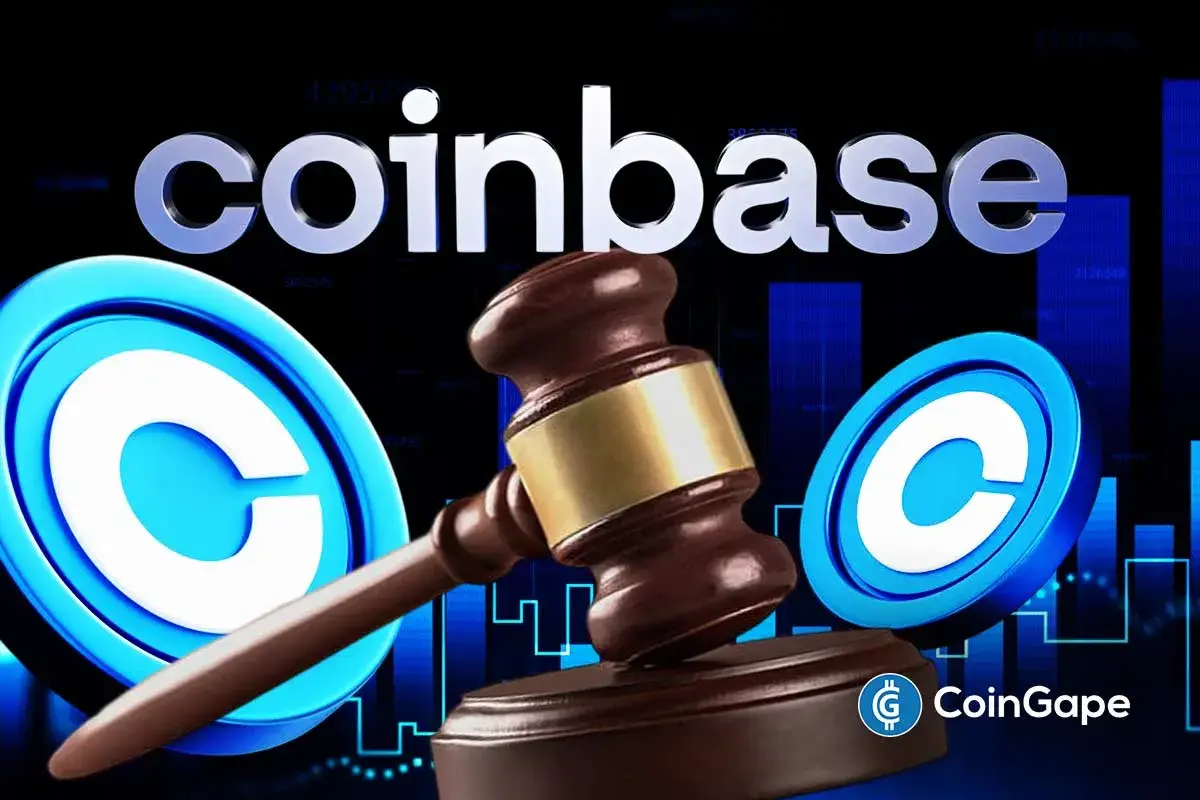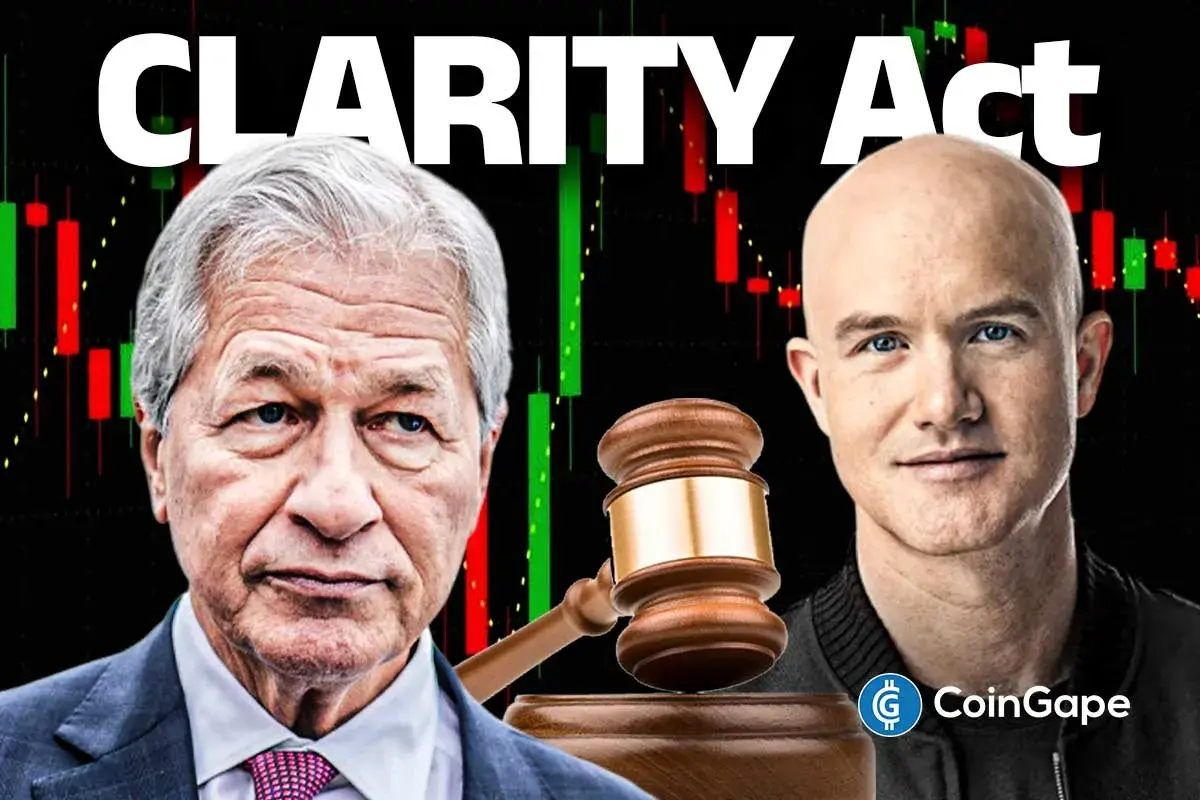Just In: Supreme Court to Hear Coinbase Sweepstakes Arbitration Case

The U.S. Supreme Court has stepped into a legal tussle involving Coinbase and its customers, focusing on a key procedural issue should a judge or an arbitrator determine the applicable governing agreement in disputes. This question arises from conflicting contracts between the parties, with one suggesting arbitration as the resolution method and another favoring courtroom litigation.
Coinbase had previously enforced arbitration clauses with its customers, but a new wrinkle appeared with a sweepstakes agreement that diverted dispute resolution to California courts. After allegations of false advertising, customers sought legal redress through a class action, challenging Coinbase’s standard arbitration route.
Courts Challenge Coinbase Arbitration Preference
Coinbase’s push for arbitration encountered resistance in lower courts. A federal judge in California, supported by the 9th U.S. Circuit Court of Appeals, upheld the decision that the sweepstakes agreement, which called for courtroom adjudication, should take precedence. Consequently, the company’s request to shift the matter to arbitration did not find favor.
This judicial reluctance comes despite a recent Supreme Court decision, which leaned 5-4 in favor of Coinbase in a related matter. The court then ruled to support the company’s efforts to pause customer lawsuits while it sought to move disputes into arbitration.
Amidst this legal back-and-forth, Coinbase has not stood still. The company has expanded its offerings, tailoring new trading avenues for its users. Now, eligible retail customers can trade crypto futures, sized more accessibly at a fraction of Bitcoin and Ethereum’s value. This strategy aims to widen the participation pool in the cryptocurrency market.
User Agreements Spotlighted in Supreme Court
The Supreme Court’s decision to hear this case signals a significant moment for companies employing arbitration clauses. Additionally, it underscores the court’s ongoing role in clarifying the boundaries between arbitration and litigation. The outcome will undoubtedly influence how user agreements are crafted and enforced, especially in the dynamically changing landscape of digital currency trading.
The case will not only set a precedent for the cryptocurrency industry, but also for broader sectors where consumer agreements are ubiquitous. Moreover, it will offer guidance on the interplay between varying contract stipulations and the rights of parties to seek their preferred forum for dispute resolution.
Read Also: US Treasury Cracks Down on Russian Money Laundering Queenpin
- Expert Predicts Bitcoin Dip to $49K as ‘Trump Insider’ Whale Dumps 5,000 BTC
- Bitcoin Price Rebounds $70K, Here are the Top Reasons Why?
- Crypto Market Weekly Recap: Crypto Bill White House Meeting, Binance Buys $1B BTC, and More (9- Feb 13)
- TRUMP Coin Pumps 5% as Canary Capital Amends ETF Filing With New Details
- Crypto Prices Surge Today: BTC, ETH, XRP, SOL Soar Despite US Government Shutdown
- Crypto Price Prediction For the Week Ahead: Dogecoin, Solana and Cardano
- Bitcoin Price Prediction: How Could Brazil’s Strategic Bitcoin Reserve Proposal Impact BTC?
- 3 Top Reasons Pi Network Price Surging Today (14 Feb)
- XRP Price Prediction Ahead of Potential U.S. Government Shutdown Today
- Bitcoin Price Outlook As Gold And Silver Lose $3.6 Trillion in Market Value
- XRP and Ethereum Price Prediction as Trump Seeks to Lower Key Tariffs


















